Video: OCD and Internal Compulsions
The most hidden of internal compulsions and rituals are as real as physical ones
Clinical Expert: Jerry Bubrick, PhD
en EspañolDiscover how to identify obsessive-compulsive disorder or OCD in children with hidden mental rituals as Jerry Bubrick, PhD, a former clinical psychologist at the Child Mind Institute, explains how these less visible symptoms can impact a child’s life. Learn about the different types of compulsions and why it is crucial for parents and family members to be equipped with specific skills and strategies to support their children effectively.
Transcript:
Jerry Bubrick, PhD:
It’s possible for parents to wonder if their child has OCD, but not necessarily see the symptoms physically or see the ritualistic behaviors. And so a lot of times parents will ask, “Is it possible that my child has OCD even though I can’t see anything they’re doing?” The answer is absolutely yes. There are different types of compulsions. There are the physical compulsions that we can see, but they’re also what we call mental compulsions or mental rituals where the kids are doing things in their head. They may be counting to themselves, making lists, saying things over and over, or repeating lucky phrases. They may review conversations over and over until it feels just right. Children do a very good job of hiding their OCD, so even when there are physical compulsions that other people can see, kids usually do a good job of hiding those.
They can also do a really good job of hiding their mental rituals as well. The treatment for OCD is the same whether we have physical compulsions or mental compulsions. And for you, the parent, we would be able to give you very specific skills and strategies as well as teaching your child the skills and strategies they need to overcome their symptoms. So it becomes very important for family members, parents, really everyone involved in the child’s life to know how to help their child when they’re struggling with those symptoms and be part of the team that’s helping to overcome the OCD.
Thanks for joining me in this video. I’m Dr. Jerry Bubrick, a child psychologist and director of the Intensive Pediatric OCD Program at the Child Mind Institute. To learn more about OCD and related disorders, visit childmind.org/ocdsupport. There you’ll find everything you need to know about OCD treatments at the Child Mind Institute, plus hundreds of articles and guides to help you support children who are struggling with mental health behavior or learning challenges.
Was this article helpful?
Related Reading
-
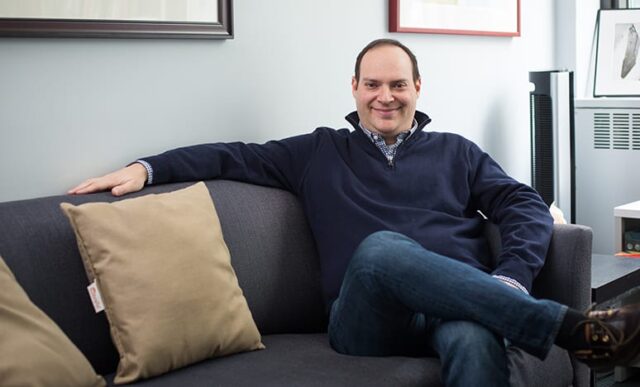 OCD: It’s Like a Bully in Your Brain
Giving a child the tools to fight back
OCD: It’s Like a Bully in Your Brain
Giving a child the tools to fight back
-
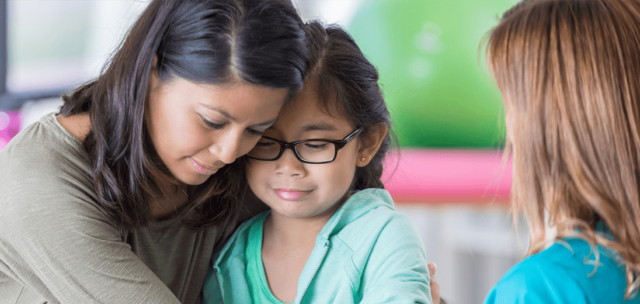 The Parents’ Role in OCD Treatment
Teaching families how to help kids fight back
The Parents’ Role in OCD Treatment
Teaching families how to help kids fight back
-
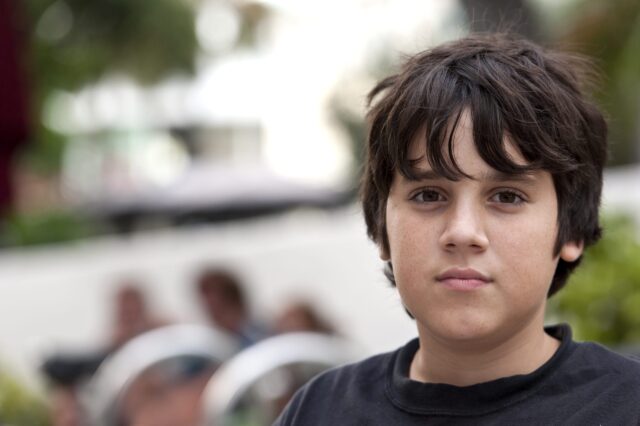 What Is the Best Treatment for OCD?
Exposure with response prevention is the gold standard
What Is the Best Treatment for OCD?
Exposure with response prevention is the gold standard
-
 Mental Compulsions and “Pure O” OCD
Almost all kids with OCD experience compulsions, but some kinds are easy to miss
Mental Compulsions and “Pure O” OCD
Almost all kids with OCD experience compulsions, but some kinds are easy to miss
-
 What Is Relationship OCD (R-OCD)?
How this kind of anxiety can make romantic relationships difficult for teens
What Is Relationship OCD (R-OCD)?
How this kind of anxiety can make romantic relationships difficult for teens
-
 My 9-year-old son is constantly confessing thoughts, or things he has done, that he thinks are bad. How can we help him?
Behavioral therapy gives kids tools to disarm obsessive thoughts that are interfering with their lives.
My 9-year-old son is constantly confessing thoughts, or things he has done, that he thinks are bad. How can we help him?
Behavioral therapy gives kids tools to disarm obsessive thoughts that are interfering with their lives.
-
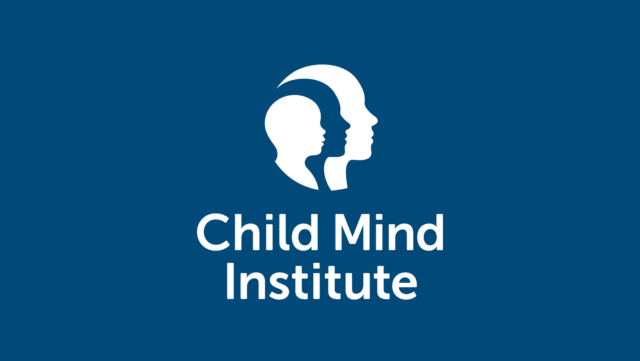 Understanding Religious OCD
When the motivation is anxiety, not faith
Understanding Religious OCD
When the motivation is anxiety, not faith
-
 OCD Test for Kids and Teens
Our free Symptom Checker can help you determine if your child might have OCD
OCD Test for Kids and Teens
Our free Symptom Checker can help you determine if your child might have OCD
-
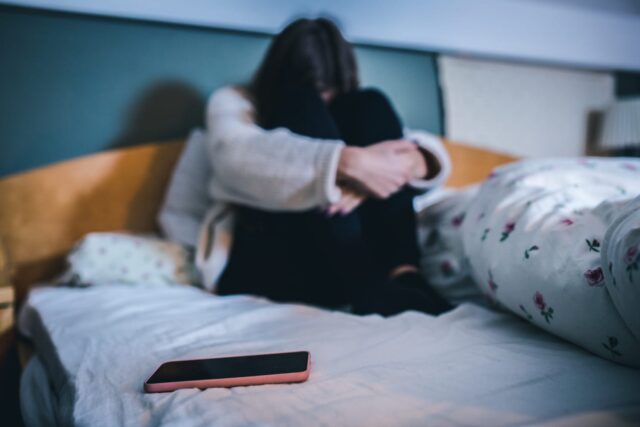 When OCD Triggers Suicidal Thoughts
How a form of OCD can be mistaken for being suicidal
When OCD Triggers Suicidal Thoughts
How a form of OCD can be mistaken for being suicidal
-
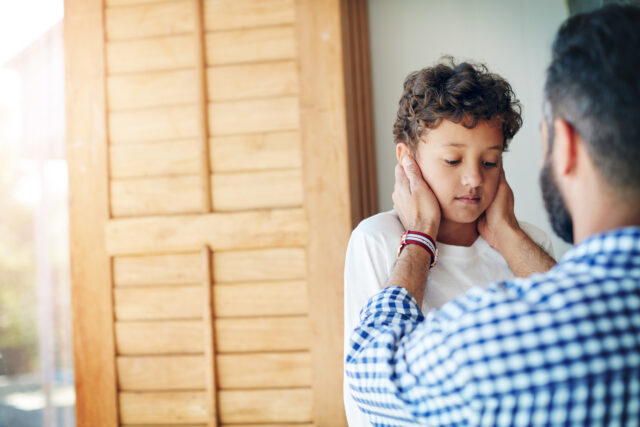 Complete Guide to OCD
Children with OCD have intrusive thoughts and worries that make them extremely anxious, and they…
Complete Guide to OCD
Children with OCD have intrusive thoughts and worries that make them extremely anxious, and they…
-
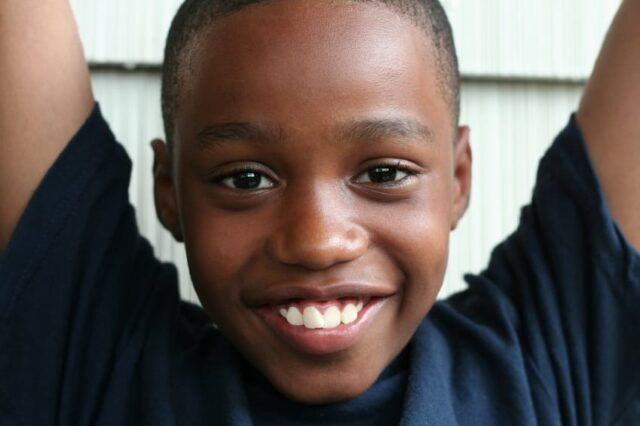 Interview With an OCD Specialist: How Does Treatment Work?
Dr. Jerry Bubrick explains how exposure therapy helps kids overcome fear
Interview With an OCD Specialist: How Does Treatment Work?
Dr. Jerry Bubrick explains how exposure therapy helps kids overcome fear
